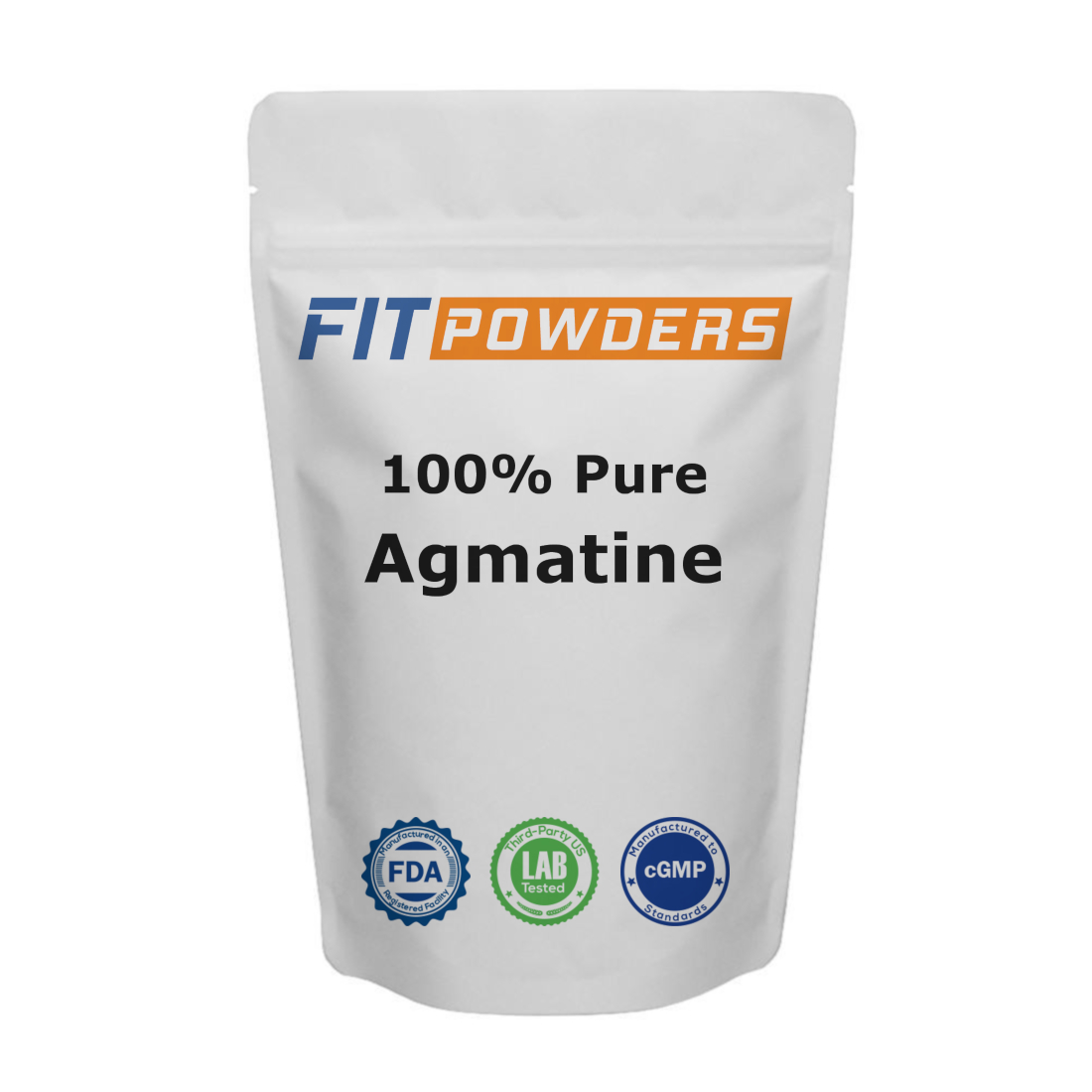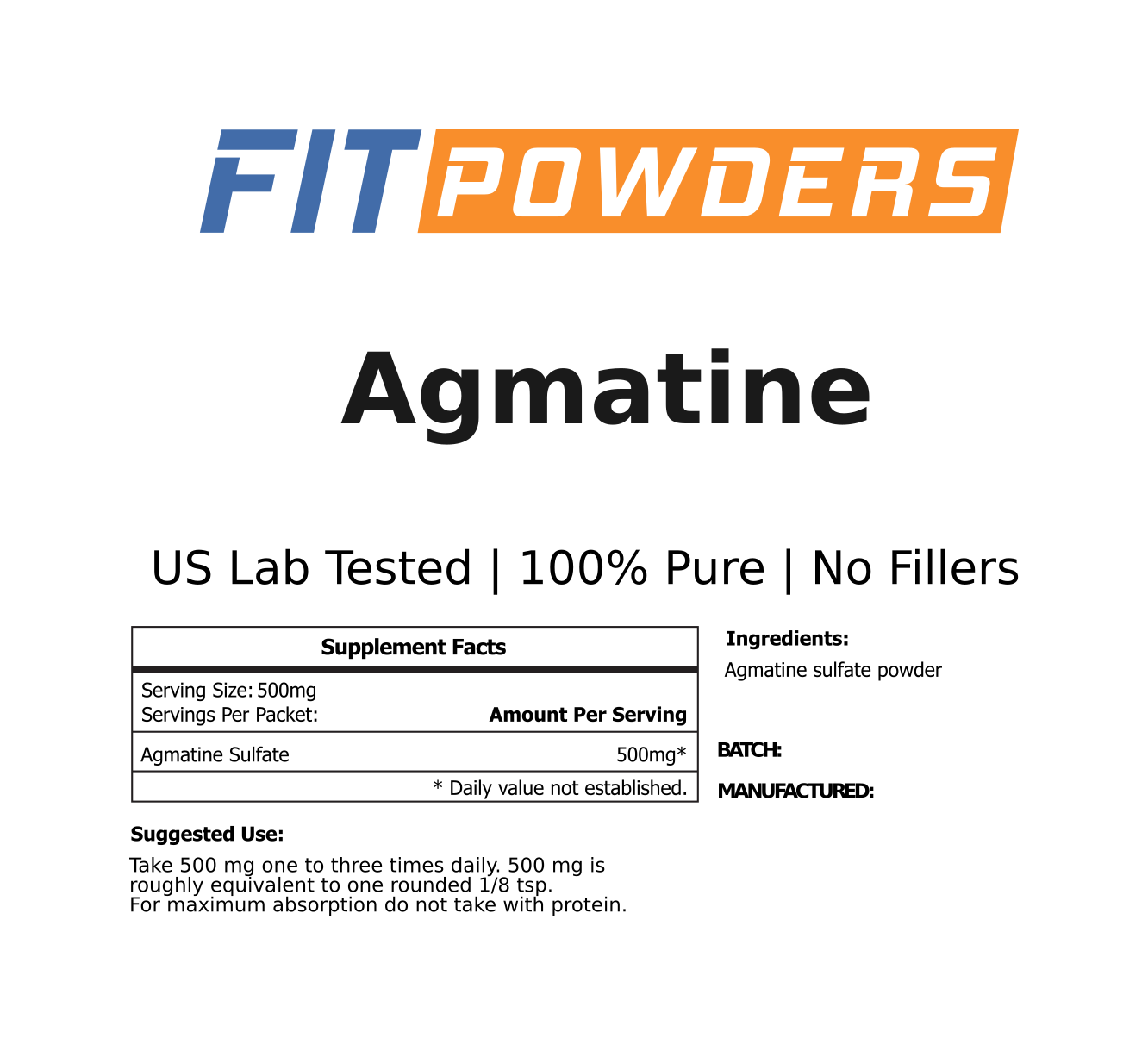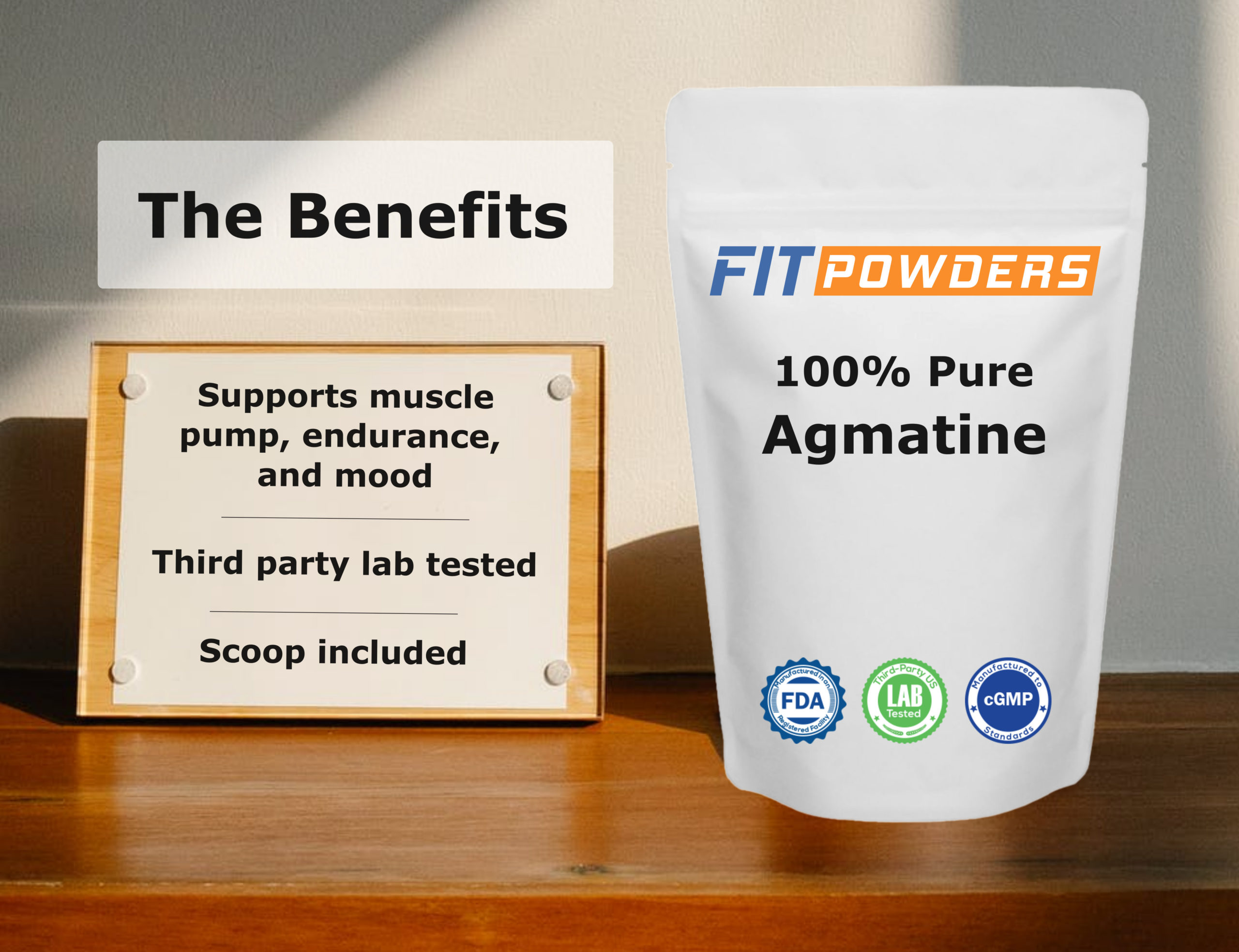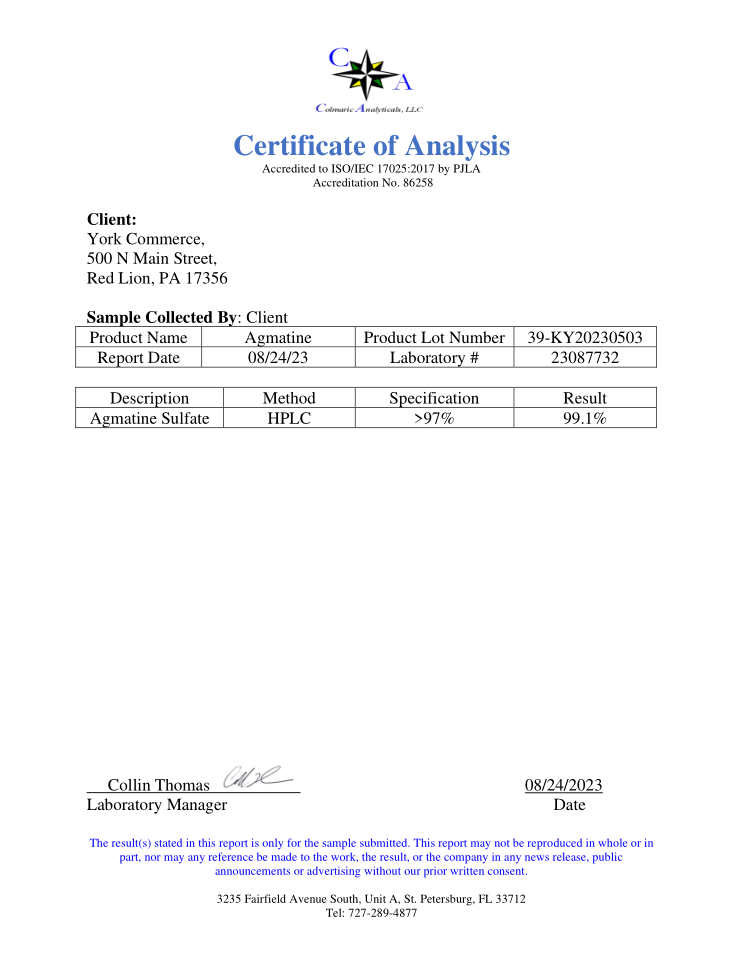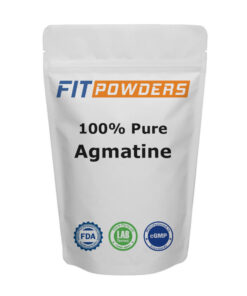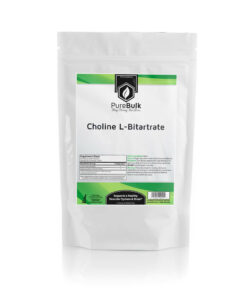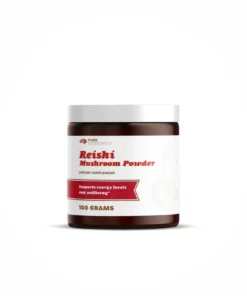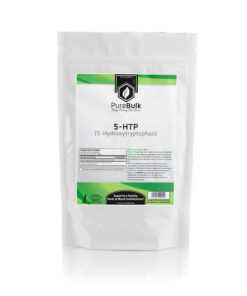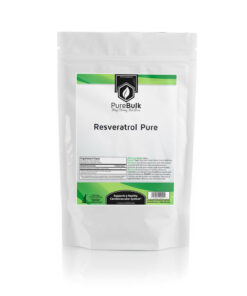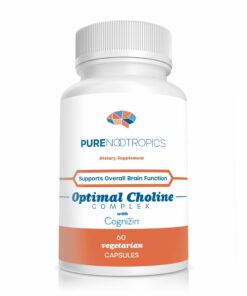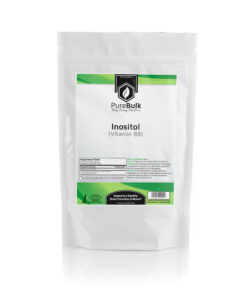Agmatine Sulfate Powder
From $7.95
Quick Benefits
- Third-party lab tested in the US
- Includes long-handled scoop for easy dosing
- Nitric Oxide (NO) booster
- Agmatine is both a cognitive and workout supplement
Looking for Agmatine Capsules?
Agmatine Sulfate
Agmatine, or (4-aminobutyl)guanidine, is created from arginine. This supplement is touted for its use in workout formulas as well as cognitive supplements.
Agmatine Benefits
Workout Benefits
Agmatine can regulate nitric oxide levels, which leads to the “pump” often felt at the gym after taking pre workout supplements containing this ingredient.*
Citrulline is another supplement which raises plasma arginine concentration. It’s unknown whether citrulline and agmatine taken together further enhance systemic nitric oxide production.* Some research suggests that they compete for uptake, so it’s likely not worthwhile to combine arginine and citrulline. Other supplements that do not go well with agmatine include creatine, DAA, and Yohimbine. Read more about these interactions at Examine.com.
Cognitive Benefits
Some studies suggest agmatine’s involvement in memory formation*. However, these studies were performed with agmatine injections and not orally ingested. Agmatine is involved in memory formation and learning
Agmatine Dosage based on Body Weight
Since agmatine absorption decreases when taken with protein, it’s best not to take it with a meal or pre workout shake. Studies suggest optimal dosage is achieved anywhere between 1.6mg and 6.4mg per kg of body weight. Start on the low end of the dosage spectrum to assess tolerance. Consult with your physician before taking agmatine sulfate if you have any conditions, particularly high blood pressure.
Here is a breakdown of dosage for body weight ranges:
- 100-149 lbs – 73mg to 291mg
- 150-199 lbs – 109mg to 436mg
- 200-249 lbs – 145mg to 582mg
- 250-299 lbs – 182mg to 727mg
Agmatine vs L-Arginine
Since agmatine is derived from arginine there are similarities in that they both affect nitric oxide levels. However, l-arginine is a conditionally essential amino acid and has the ability to convert directly into nitric oxide, whereas agmatine increase NO indirectly*.
| Weight | 100 g |
|---|---|
| Size | 100 Grams, 250 Grams, 500 Grams, 1 Kilogram |

